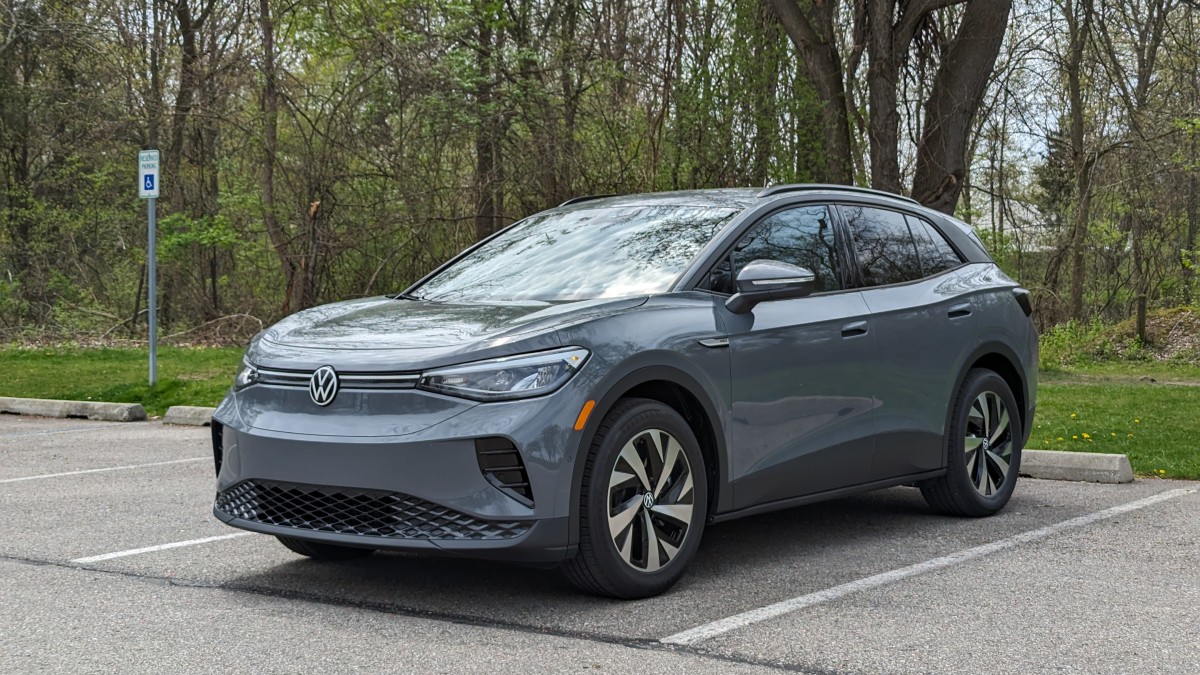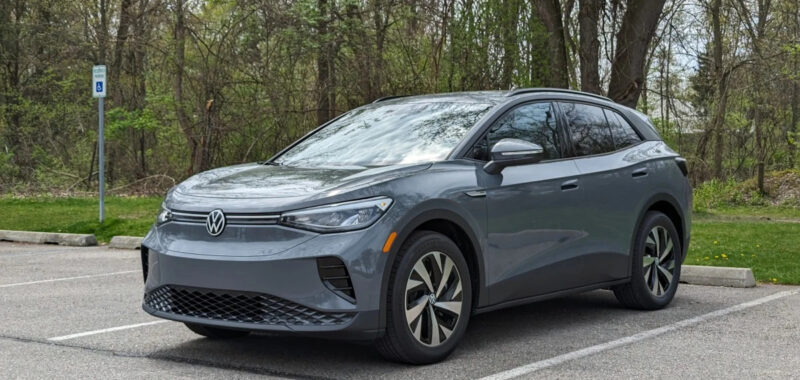
GDANSK/BERLIN — Volkswagen’s goal of building 200 gigawatt-hours of battery capacity by 2030 is not “set in stone” and the carmaker will monitor how demand for electric vehicles (EVs) develops, its batteries chief told German newspaper FAS on Friday.
“Our goal is realistic, but it is not set in stone. Building battery cell factories is not an end in itself. The expansion of the factories will depend on how the market for electric cars develops,” Thomas Schmall said, according to pre-released excerpts of the interview due to be published in full on Sunday in the Frankfurter Allgemeine Sonntagszeitung.
Volkswagen had said in 2021 that it wanted to build up to 240 gigawatt-hours of battery capacity by 2030, of which 200 gigawatt-hours would be built by its battery subsidiary PowerCo. It wanted six factories in Europe by the end of the decade.
But Schmall has re-evaluated that goal multiple times since then, leaving up in the air whether the carmaker will build additional plants, including one it was considering building in Eastern Europe, or expand existing ones.
PowerCo’s three announced plants — in Spain’s Valencia, Ontario’s Canada and Germany’s Salzgitter — have a combined capacity of up to 170 gigawatt-hours.
The plants in Spain and Canada could be expanded and it remained to be seen whether the carmaker would do so, Schmall said, without providing detail on when a decision would be made on the matter.

